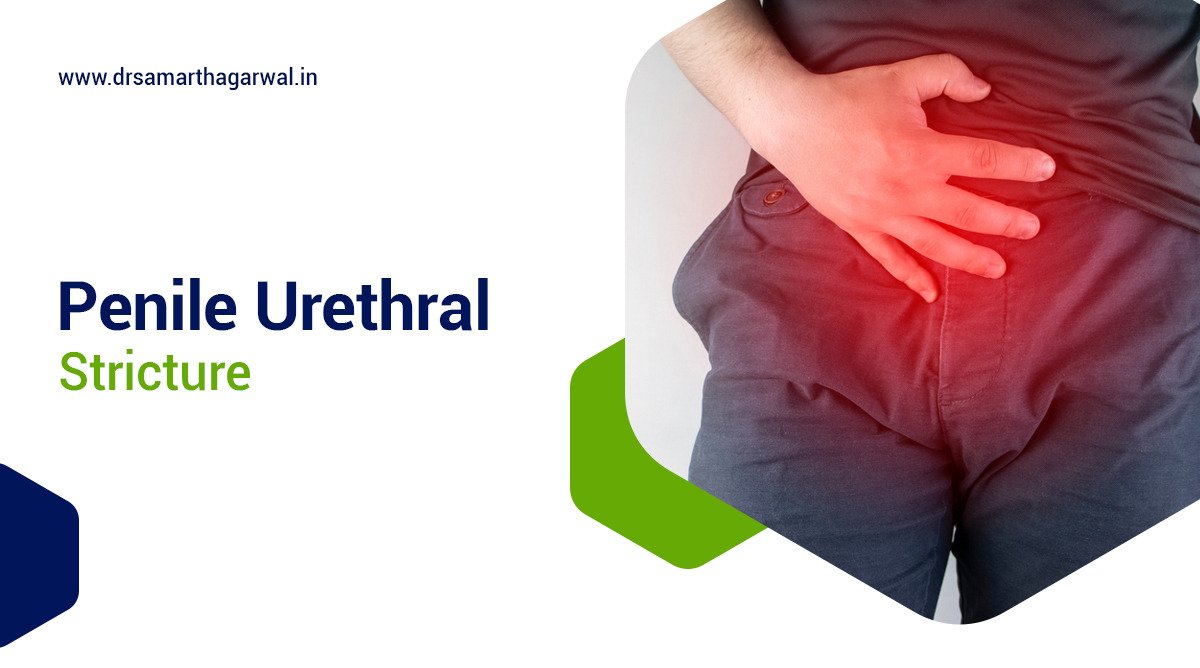The duration of painful urination caused by gonorrhea varies based on factors such as the timing of diagnosis and treatment. Without proper antibiotic intervention, symptoms can last for weeks or months. However, most individuals experience significant relief from gonorrhea symptoms within days to a week after starting treatment. Painful urination results from urethral inflammation due to the infection, with severity differing among individuals. Untreated gonorrhea can lead to complications like pelvic inflammatory disease in women and epididymitis in men, potentially causing chronic pain. Early diagnosis and adherence to prescribed antibiotic regimens are crucial to prevent long-term damage and alleviate symptoms. Regular STI testing is essential, as many individuals may be asymptomatic for sexually transmitted infections like gonorrhea and chlamydia.
How long does painful urination last with gonorrhea
The duration of painful urination caused by gonorrhea can vary depending on several factors, including the timeliness of diagnosis and treatment. Without proper antibiotic treatment, the symptoms of gonorrhea, including painful urination, can persist for weeks or even months. However, once appropriate treatment is initiated, most people experience significant relief from symptoms within a few days to a week. It’s important to note that even if symptoms subside, the infection may still be present, emphasizing the need to complete the full course of antibiotics as prescribed by a healthcare provider.
The Centers for Disease Control and Prevention (CDC) recommend specific antibiotic regimens for the treatment of gonorrhea, a common sexually transmitted infection. These treatments are highly effective in eliminating the infection and resolving symptoms when taken as directed. It’s crucial for individuals diagnosed with gonorrhea to abstain from sexual activity until they and their partner(s) have completed treatment and are confirmed to be free of the infection. This helps prevent reinfection and reduces the risk of developing antibiotic-resistant strains of the bacteria that cause gonorrhea.
Does gonorrhea hurt when you pee?
Gonorrhea often causes painful urination, a symptom that can be distressing for those infected. This discomfort is typically due to the inflammation of the urethra, the tube that carries urine from the bladder out of the body. The bacteria that cause gonorrhea can infect the urethra and rectum, leading to irritation and pain during urination. It’s important to note that while painful urination is a common symptom, gonorrhea can also cause no symptoms in some individuals, making regular STI testing crucial for sexually active people.
The severity of pain during urination can vary from person to person. Some may experience mild discomfort, while others may find it extremely painful to urinate. This variation in symptoms underscores the importance of getting tested for gonorrhea and other STIs, even if symptoms include mild or non-existent discomfort. Early detection and treatment are key to preventing complications and reducing the risk of transmission to sexual partners.
How bad does it hurt to pee with gonorrhea?
The intensity of pain during urination with gonorrhea can vary significantly among individuals. Some people may experience a mild burning sensation, while others might endure severe discomfort or sharp pain. The level of pain often depends on the extent of the infection and how long it has been present. In addition to pain, individuals may notice a pus-like discharge from the penis or vagina, which can further exacerbate discomfort during urination. It’s crucial to understand that the severity of symptoms does not necessarily indicate the seriousness of the infection.
Factors such as the individual’s overall health, immune system response, and the strain of the gonorrhea bacteria can influence the intensity of symptoms. Some people may find the pain so severe that it affects their daily activities, while others might only notice mild discomfort. Regardless of the pain level, it’s essential to seek medical attention promptly if any symptoms of gonorrhea are present. Early diagnosis and treatment can help alleviate symptoms and prevent potential complications associated with untreated gonorrhea.
Can gonorrhea cause permanent pain?
While gonorrhea itself does not typically cause permanent pain, untreated or inadequately treated gonorrhea can lead to complications that may result in chronic pain or discomfort. One of the most serious potential complications is pelvic inflammatory disease (PID) in women, which can cause long-term pelvic pain and increase the risk of infertility. In men, untreated gonorrhea can lead to epididymitis, an inflammation of the epididymis that can cause chronic testicular pain if not properly treated.
Additionally, gonorrhea can spread to other parts of the body, potentially causing systemic infections that may result in joint pain or other long-lasting symptoms. It’s crucial to emphasize that these long-term consequences are largely preventable with timely diagnosis and appropriate antibiotic treatment. Regular STI screening, practicing safe sex, and seeking prompt medical attention for any symptoms are key strategies to prevent the potential for permanent pain or other complications associated with gonorrheal infections.
Can gonorrhea damage urethra?
Gonorrhea can indeed cause damage to the urethra if left untreated. The bacteria that cause gonorrhea can lead to inflammation and scarring of the urethral tissues, a condition known as urethral stricture. This narrowing of the urethra can result in long-term complications such as difficulty urinating, increased risk of urinary tract infections, and chronic pain or discomfort. In severe cases, urethral strictures may require surgical intervention to correct. The risk of urethral damage underscores the importance of early detection and treatment of gonorrheal infections.
Furthermore, untreated gonorrhea can also lead to more extensive damage to the reproductive system. In men, it can cause epididymitis, which may result in infertility if not promptly treated. In women, the infection can ascend to the upper reproductive tract, potentially causing pelvic inflammatory disease (PID), which can lead to scarring of the fallopian tubes and increased risk of ectopic pregnancy. These potential complications highlight the critical need for regular STI testing, especially for sexually active individuals, and immediate treatment upon diagnosis to prevent long-term urethral and reproductive system damage.
Does gonorrhea cause bladder pain?
While gonorrhea primarily affects the urethra, it can also cause discomfort and pain in the bladder area. As the infection progresses, it may spread to nearby organs, including the bladder, leading to symptoms such as frequent urination, urgency, and pain or pressure in the lower abdomen. These symptoms can be similar to those of a urinary tract infection (UTI), which is why proper diagnosis by a healthcare provider is crucial. It’s important to note that gonorrhea can coexist with other STIs or urinary tract infections, further complicating the symptom profile.
The presence of bladder pain or discomfort in cases of gonorrhea underscores the importance of comprehensive STI testing. Many people with gonorrhea don’t have any symptoms, or their symptoms may be mild and easily mistaken for other conditions. This asymptomatic nature of many gonorrheal infections highlights the need for regular screening, especially for individuals with multiple sexual partners or those engaging in high-risk sexual behaviors. Early detection and treatment not only alleviate symptoms like bladder pain but also prevent the spread of the infection to sexual partners and reduce the risk of complications associated with untreated gonorrhea.

Painful urination associated with gonorrhea can vary in duration depending on the individual and whether treatment has been received. Typically, symptoms may persist until appropriate antibiotics are administered. If you have questions or concerns about painful urination or gonorrhea, contact Dr. Samarth Agarwal for professional guidance regarding your urinary health!






